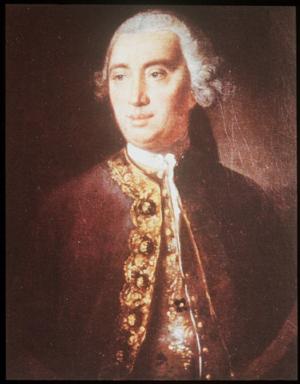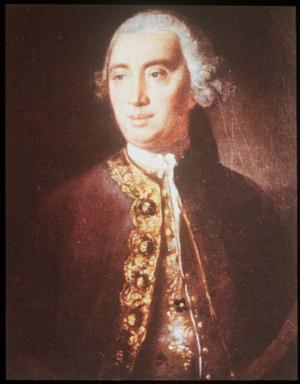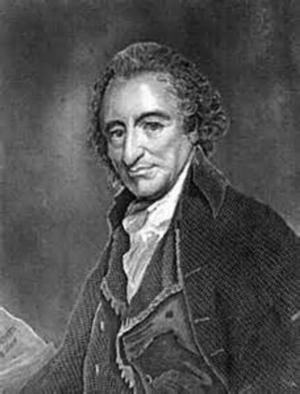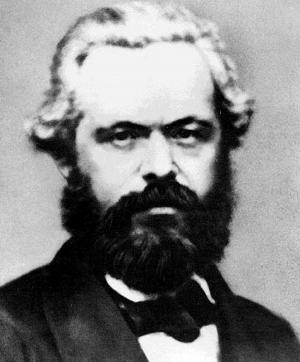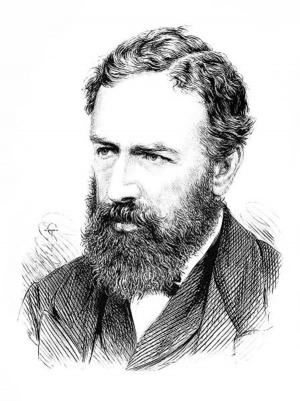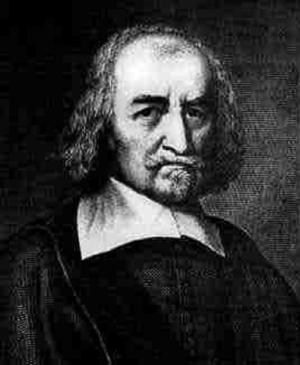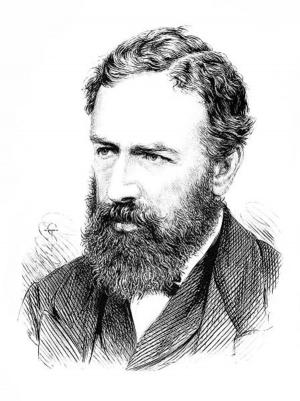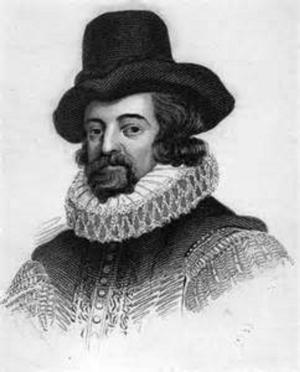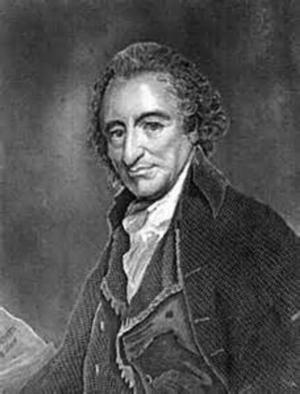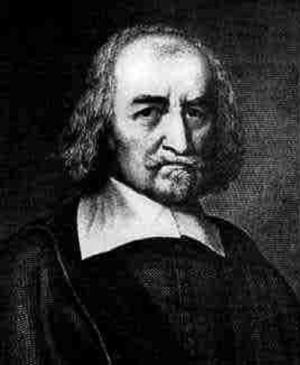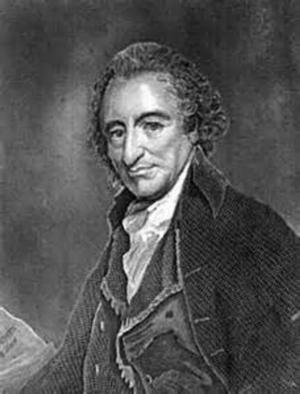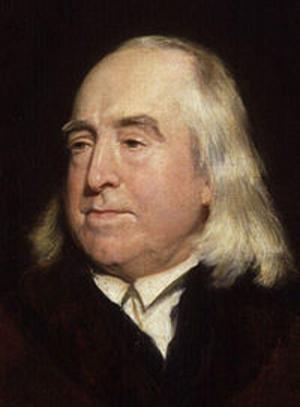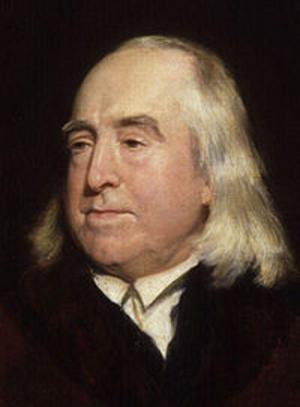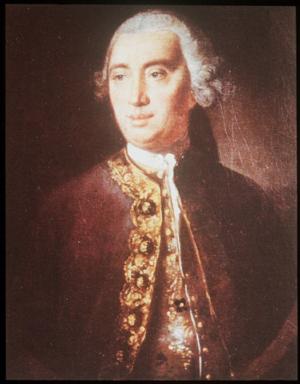Wages, Price, and Profit (Illustrated)
Business & Finance, Economics, Macroeconomics, Theory of Economics| Author: | Karl Marx, Timeless Books: Editor | ISBN: | 1230001013122 |
| Publisher: | www.WealthOfNation.com | Publication: | March 29, 2016 |
| Imprint: | Language: | English |
| Author: | Karl Marx, Timeless Books: Editor |
| ISBN: | 1230001013122 |
| Publisher: | www.WealthOfNation.com |
| Publication: | March 29, 2016 |
| Imprint: | |
| Language: | English |
The book of VALUE, PRICE AND PROFIT has an active table of contents for readers to access each chapter directly.
VALUE, PRICE AND PROFIT is the principal source of understanding Marx's analysis of the capital theory that was later detailed in his master work Capital. This was Marx’s contribution to a discussion on trade union activity that took place at a meeting of the General Council of the International Working Men’s Association in April, 1865. In the book, Karl Marx argued against the viewpoint of John Weston, a follower of Robert Owen and an advocate of co-operatives as the way out for the working class, that "(1) that a general rise in the rate of wages would be of no use to the workers; (2) that therefore, etc., the trade unions have a harmful effect".
In the first five chapters of this book, Marx addressed the arguments by John Weston. From chapter VI on, Marx further set out in simple form his Labour Theory of Value and explained the source of rent, interest and profit, He outlined both the usefulness and the limitations of trade union action.
Marxists highly praised the book as the foundation of Marx’s Labour Theory of Value that was further developed in Capital. This is a must-read book to understand the foundational thought of value, capital, and socialism by Karl Marx.
The book of VALUE, PRICE AND PROFIT has an active table of contents for readers to access each chapter directly.
VALUE, PRICE AND PROFIT is the principal source of understanding Marx's analysis of the capital theory that was later detailed in his master work Capital. This was Marx’s contribution to a discussion on trade union activity that took place at a meeting of the General Council of the International Working Men’s Association in April, 1865. In the book, Karl Marx argued against the viewpoint of John Weston, a follower of Robert Owen and an advocate of co-operatives as the way out for the working class, that "(1) that a general rise in the rate of wages would be of no use to the workers; (2) that therefore, etc., the trade unions have a harmful effect".
In the first five chapters of this book, Marx addressed the arguments by John Weston. From chapter VI on, Marx further set out in simple form his Labour Theory of Value and explained the source of rent, interest and profit, He outlined both the usefulness and the limitations of trade union action.
Marxists highly praised the book as the foundation of Marx’s Labour Theory of Value that was further developed in Capital. This is a must-read book to understand the foundational thought of value, capital, and socialism by Karl Marx.

